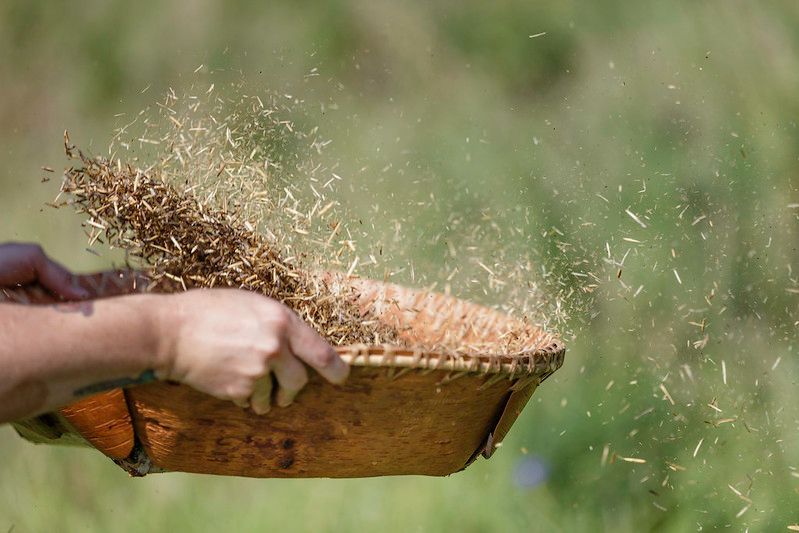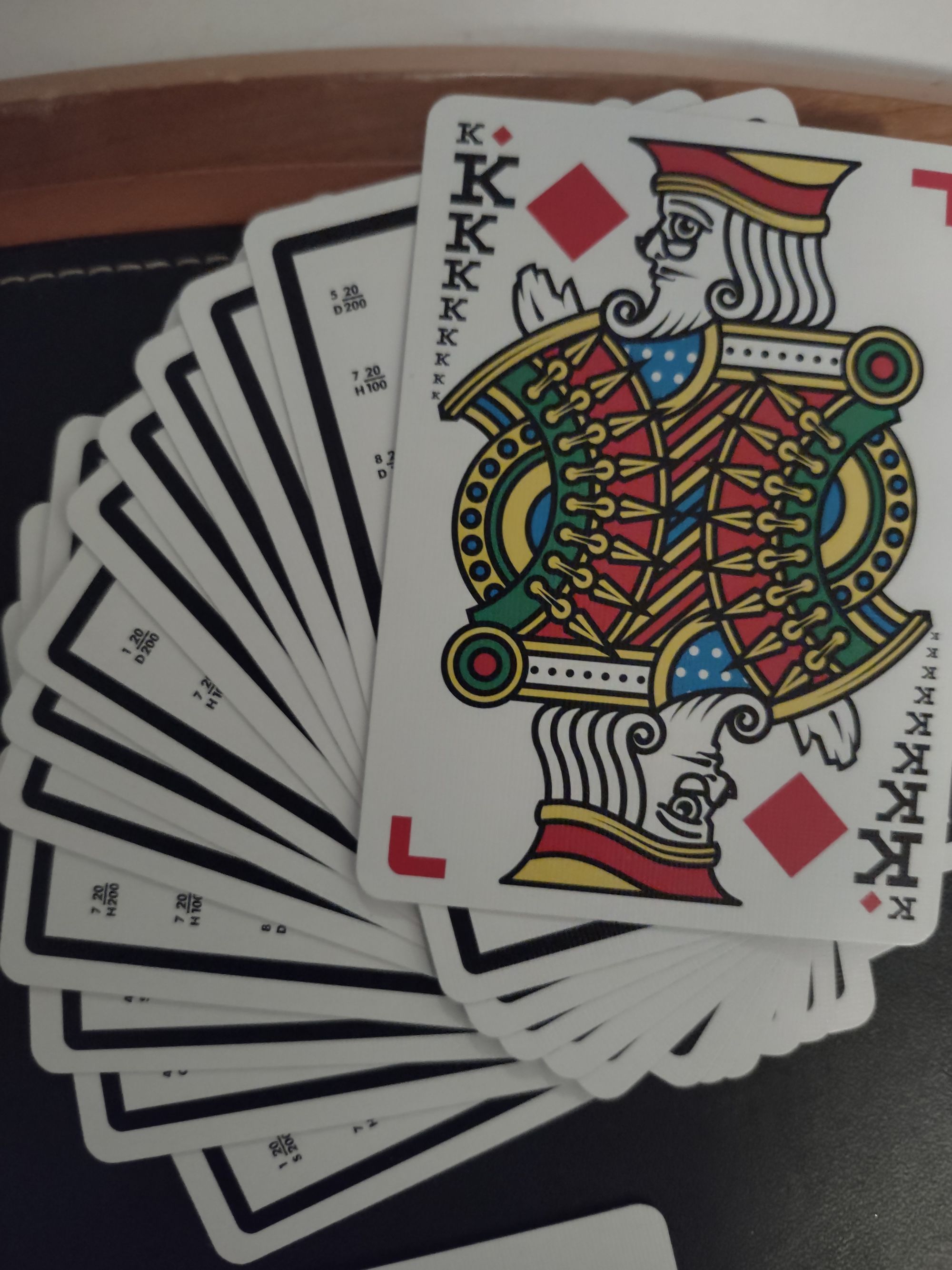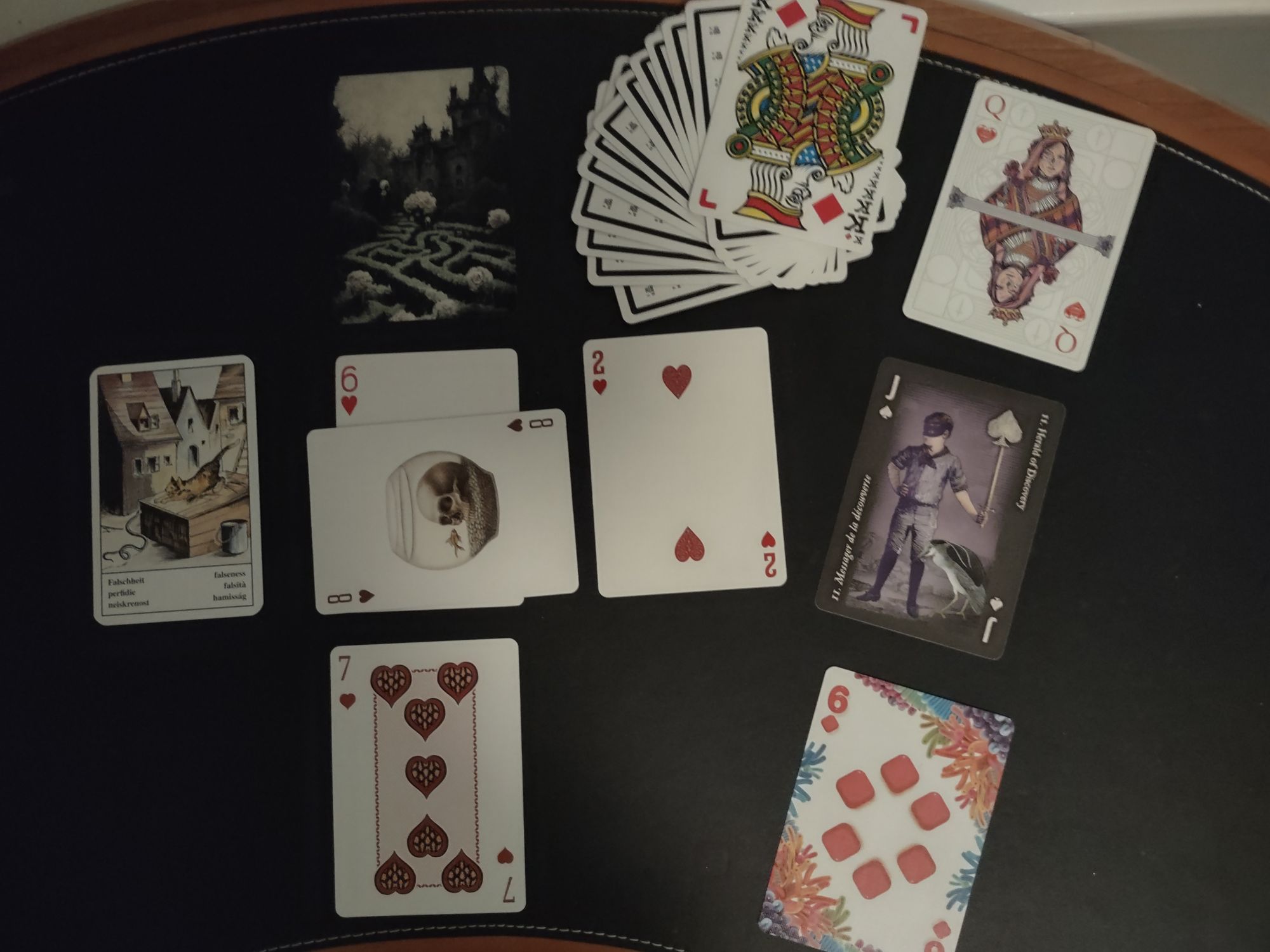X: Winnow
Academic freedom, as debated a century ago.

Good morning. Today is décadi, the 20th of Nivôse, Year CCXXXI. We celebrate le van, a basket for separating wheat from chaff.
Richard T. Ely was a prominent economist and founder of the American Economic Association. After spending a decade as a professor at Johns Hopkins in Baltimore, Ely was lured west in Year C (1892) to take up a post at the University of Wisconsin, then an up-and-coming public university in the burgeoning midwestern movement to supplant the Ivy League's elitist academics with state-funded mega-universities that would later become known (thanks to the prominence of their athletic programs) as the Big Ten. Almost immediately, he was in big trouble.
The problem was that his economic ideas were critical of the free-wheeling laissez-faire capitalism of that time (and this one, let's face it), and he was accused of fomenting radical "anarchist" or "socialist" ideas (the two terms being, back then, synonymous as shorthand for "damn dirty hippies").
In CII (1894), the conflict came to a head when a prominent local politician aired his grievances to any publication that would listen, suggesting that Ely's teachings of union and labor theories would lead to anarchy and violence. He found particularly sympathetic ears in The Nation and the New York Post. The Board of Regents were all but forced to hold an inquiry, and a sort of trial was held.
Ely was hardly a radical by today's standards. He was not in favor of socialism – "[the proper] balance between private and public enterprise [is] menaced by socialism, on the one hand, and by plutocracy, on the other," he said – but he advocated for popular progressive reforms that would find strong political purchase in the following decade: labor regulations, trustbusting, anti-monopolism, and the freedom to organize unions.
To the surprise of many, the University of Wisconsin leadership bucked the pressure from the press and upheld Ely's freedom to teach. University President Charles Adams wrote the following eloquent defense of Ely's rights to academic freedom:
As Regents of a university with over a hundred instructors supported by nearly two millions of people who hold a vast diversity of views regarding the great questions which at present agitate the human mind, we could not for a moment think of recommending the dismissal or even the criticism of a teacher even if some of his opinions should, in some quarters, be regarded as visionary. Such a course would be equivalent to saying that no professor should teach anything which is not accepted by everybody as true. This would cut our curriculum down to very small proportions. We cannot for a moment believe that knowledge has reached its final goal, or that the present condition of society is perfect. We must therefore welcome from our teachers such discussions as shall suggest the means and prepare the way by which knowledge may be extended, present evils be removed and others prevented. We feel that we would be unworthy of the position we hold if we did not believe in progress in all departments of knowledge. In all lines of academic investigation it is of the utmost importance that the investigator should be absolutely free to follow the indications of truth wherever they may lead. Whatever may be the limitations which trammel inquiry elsewhere we believe that the great state University of Wisconsin should ever encourage that continual and fearless sifting and winnowing by which alone the truth can be found.
That last clause – "fearless sifting and winnowing by which alone the truth can be found" – became a rallying cry for the student body at the University of Wisconsin, which continued to gain a reputation as the most politically progressive of the Big Ten institutions, a sort of UC Berkeley of its day.
Ely went on to have a long and illustrious career at Wisconsin and, later, another Big Ten institution, Northwestern University. He was no saint. He was a literal racist, arguing in favor of eugenics and believing people of African descent to be on par intellectually with children, so this is not an essay about how great Ely was. It's an essay about how slow and painful the process of sifting and winnowing can be.
Fifteen years after the trial, another kerfuffle exploded at Wisconsin when a speaker named Emma Goldman was invited to address the student body. Goldman was an actual anarchist, a Russian-born political activist who, at the time of her invitation to the university, was a national persona non grata for her refusal to condemn fellow anarchist Leon Czolgosz's assassination of President William McKinley. Unlike progressive standard bearer Richard Ely, who received personal thank you letters from Theodore Roosevelt, Goldman would have been jailed on sight by ol' Teddy if he'd had the authority.
Another inquiry was held, but this time, the Board of Regents chose to shut down the speech and censor Goldman. The students were livid. As a protest, the Class of 1910 decided to make their gift to the university a hand-made bronze plaque bearing the critical words, "Whatever may be the limitations which trammel inquiry elsewhere we believe that the great state University of Wisconsin should ever encourage that continual and fearless sifting and winnowing by which alone the truth can be found."
The plaque was received by a less-than-grateful university and promptly placed in a cellar somewhere. For five years, the class leadership rallied and advocated for the plaque to be displayed, culminating in an all-out PR campaign throughout Madison during their fifth reunion celebrations – bus ads, newspaper letters, and rallies. Finally, the university conceded that hiding from their own former President's words was cowardly, and the plaque was hung in the campus main hall.
It's still there, a reminder that ideas can be distasteful, and even dangerous, but they can never be identified as right or wrong without the labor of debate. Many of the ideas of both Ely and Goldman turned out to be mere chaff, but were it not for the staunch believers in academic freedom in Madison, the nourishing kernels of wheat would have been tossed away as well.
Today's card: King of diamonds

Click for a recap of the story so far...
Nivia has met someone new (6♥) under gloomy circumstance (vibe) and she strongly feels (7♥) like it could be something more (8♥) only if she takes action (2♥) but she's been fooled by such feelings recently (falseness). She should ask a talented friend (J♠) for a small gift (6♦) she can use to initiate a hangout and go for it (Q♥).
Well, it's going to be awkward. Nivia should prepare herself for a bumpy first date. In particular, she should not be weird about money. Go with the flow. Be prepared to pay the bill in full, and be sure to refuse any token offers of assistance or repayment. Her interest will be hesitant to hang out again if she feels like Nivia has too expensive of a taste. However, there's some "no news is good news" here in that the cards don't know if sparks will fly or not. It will be a night of possibilities.
Tune in next time for another 10-day fictional card reading.




